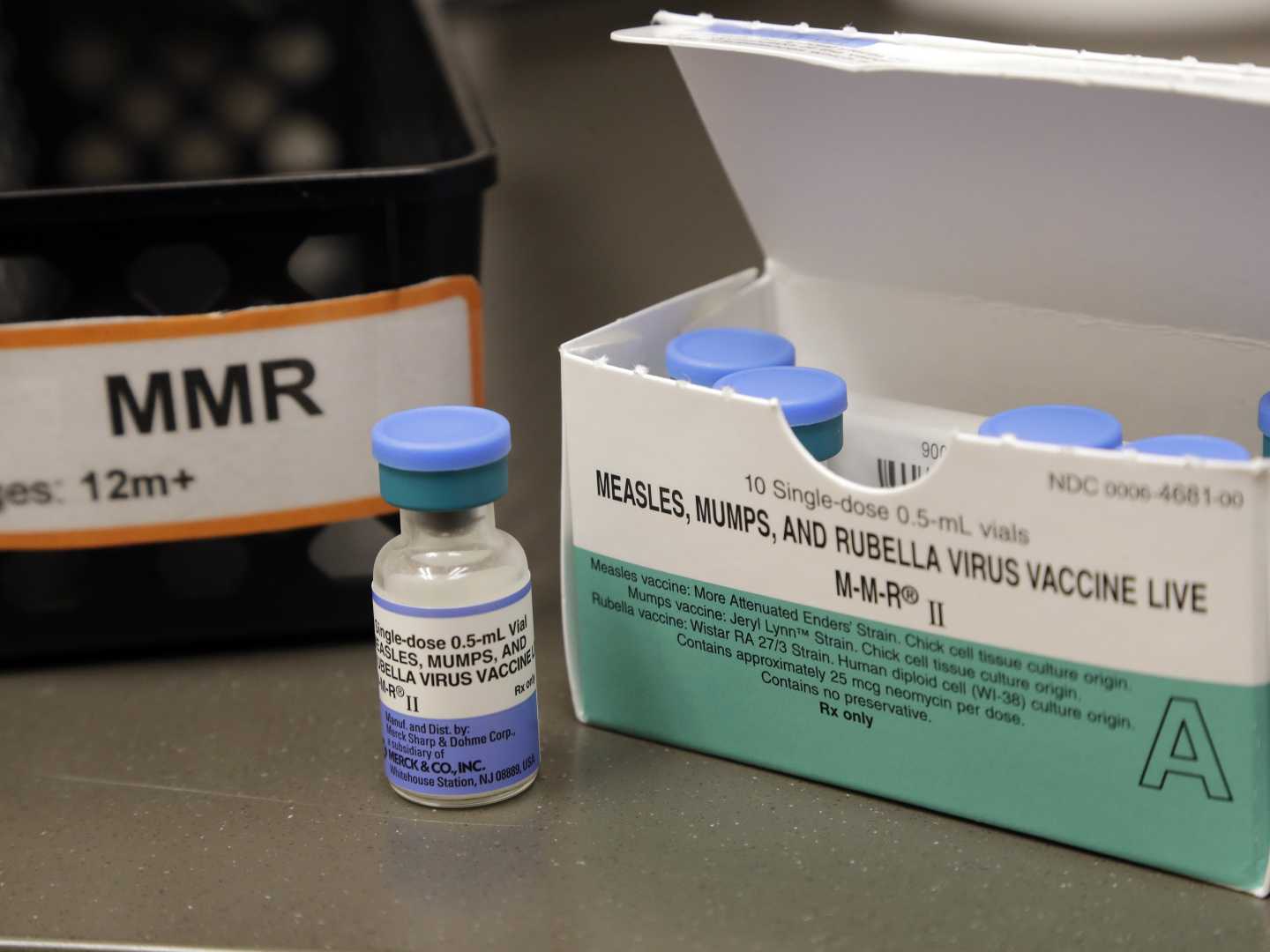Health
CDC Urges Additional Measles Vaccine for Travelers Amid Outbreaks

WASHINGTON, D.C. — The U.S. Centers for Disease Control and Prevention (CDC) has recommended an additional dose of the measles, mumps, and rubella (MMR) vaccine for travelers headed to areas experiencing outbreaks of the virus. This guidance was conveyed in an April 8 letter to health departments, indicating a response to an alarming rise in measles cases this year.
As of now, over 600 measles cases have been reported across at least 21 states, marking the highest number since 2019, which saw a peak of 1,274 instances. The outbreaks have prompted health authorities to reevaluate vaccination protocols, particularly for those visiting or residing in regions with significant community-wide transmission.
According to the CDC, while most adults are not required to receive an additional dose, those traveling to affected areas in Texas and Kansas should reassess their vaccination status. In counties facing outbreaks, unvaccinated individuals should receive one dose immediately and a second dose at least 28 days later. Adults and teenagers who previously had only one dose should also get a second dose, as long as it’s been at least 28 days since their first shot.
Infants aged 6 to 11 months should receive an early first dose, followed by a subsequent dose at 12 to 15 months, and a final dose between the ages of 4 to 6 years. The CDC notes that children older than 12 months who have received one dose should also get an early second dose if it has been at least 28 days since the first.
Local outbreaks have been reported in diverse states including New Jersey, Georgia, Ohio, Indiana, and Colorado. Tragically, two unvaccinated children in Texas and an unvaccinated adult in New Mexico have succumbed to the virus this year.
The CDC has historically recommended vaccinations for international travelers, but this updated guidance for domestic travel reflects the seriousness of the current outbreaks. Notably, the agency stated that there are no recommendations for a third MMR dose during these outbreaks.
A CDC spokesperson emphasized, “CDC’s clinical vaccination guidance for measles outbreaks has not changed. During measles outbreaks, health departments may provide additional recommendations to protect their communities.” This statement underscores the importance of individual assessment based on specific outbreak circumstances.
While the CDC informed health departments of the revised guidance, it is unclear why these recommendations have not been published on their official website. Travelers are encouraged to consult local health authorities for the most up-to-date information regarding vaccination requirements in specific outbreak areas.
For anyone considering travel to outbreak locations, the CDC advises taking preventive measures and reviewing vaccination history to ensure adequate protection against this highly contagious virus.












